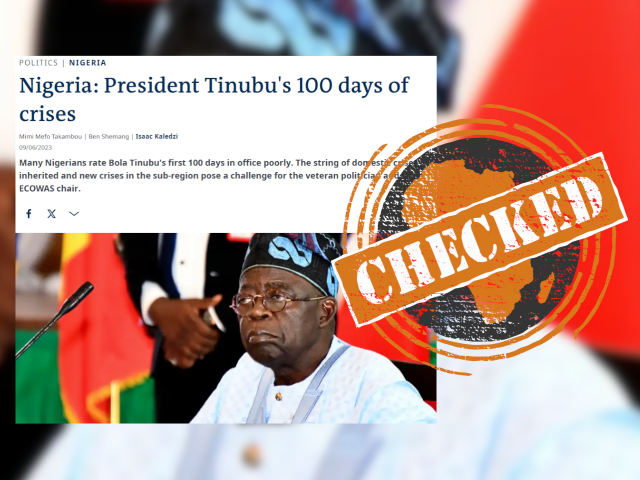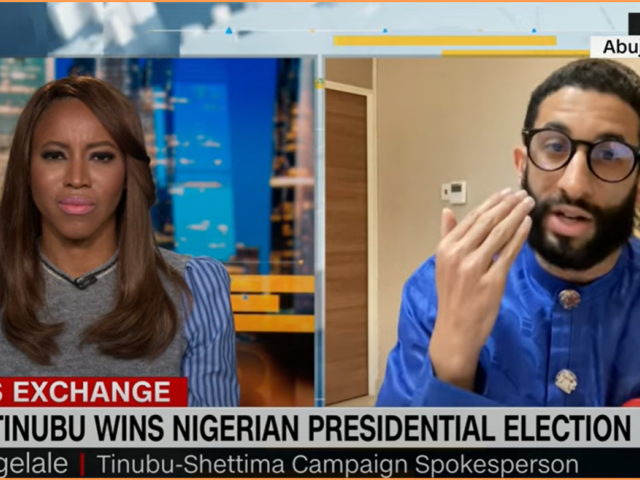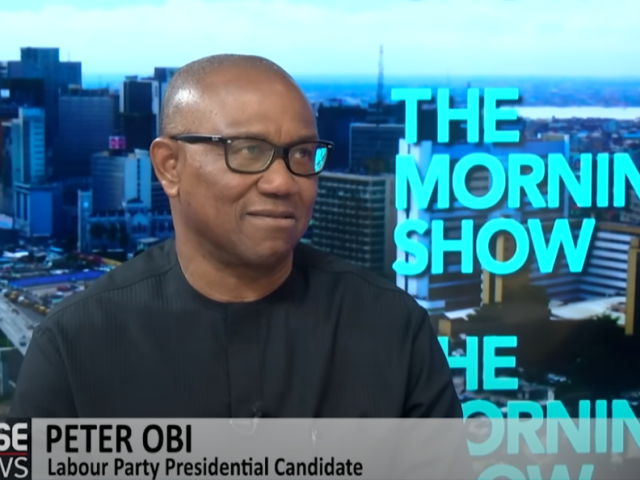IN SHORT: Nigeria's opposition Labour Party is divided by internal strife, but there is no evidence that it has asked its candidate in the February 2023 presidential election to apologise to the winner or be thrown out.
Nigeria’s Labour Party has ordered its presidential candidate in the February 2023 election Peter Obi to apologise to the eventual victor, Bola Tinubu. This is according to a post circulating on Facebook.
It reads: “LP Orders Peter Obi To Apologize To President Tinubu Over Reckless Lies Or Face Extradictions From The Party..”
The electoral commission declared Tinubu the winner of the presidential election, with Obi coming third. Obi challenged Tinubu’s victory in court, but a tribunal, an appeal court and the supreme court all ruled in Tinubu’s favour.
We found other instances of the claim on Facebook here, here, here, here and here.
But did the party order its standard bearer to apologise under threat of expulsion? We checked.

No public evidence party made the statement
Due to internal conflicts within the Labour Party, there is a power struggle between two of its factions: the Julius Abure-led faction and the Lamidi Apapa-led faction. However, Abure is officially listed as chairperson on the party’s website.
Local media reported that the Apapa faction had accused Obi of “destructive criticism” of Nigeria. This faction has consistently shown support for president Tinubu in a bid to curry his favour.
But a search of the Labour Party’s website and social media handles found no evidence of the statement.
There are also no reports of this from any credible media organisation, as would be expected given Obi’s stature.
We contacted the Labour Party about the alleged directive, but had not received a response by the time of publication.
Republish our content for free
For publishers: what to do if your post is rated false
A fact-checker has rated your Facebook or Instagram post as “false”, “altered”, “partly false” or “missing context”. This could have serious consequences. What do you do?
Click on our guide for the steps you should follow.
Publishers guideAfrica Check teams up with Facebook
Africa Check is a partner in Meta's third-party fact-checking programme to help stop the spread of false information on social media.
The content we rate as “false” will be downgraded on Facebook and Instagram. This means fewer people will see it.
You can also help identify false information on Facebook. This guide explains how.





Add new comment